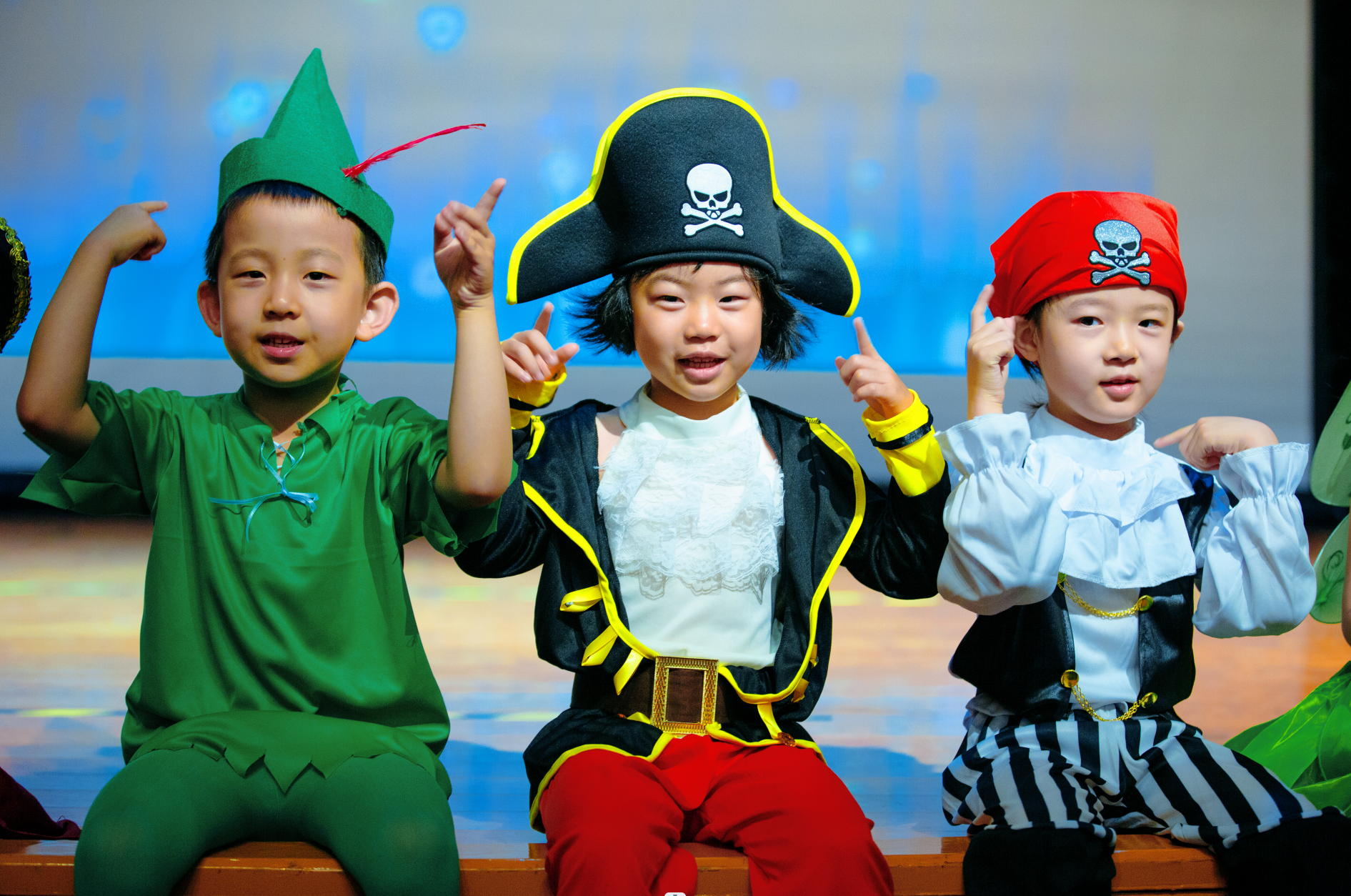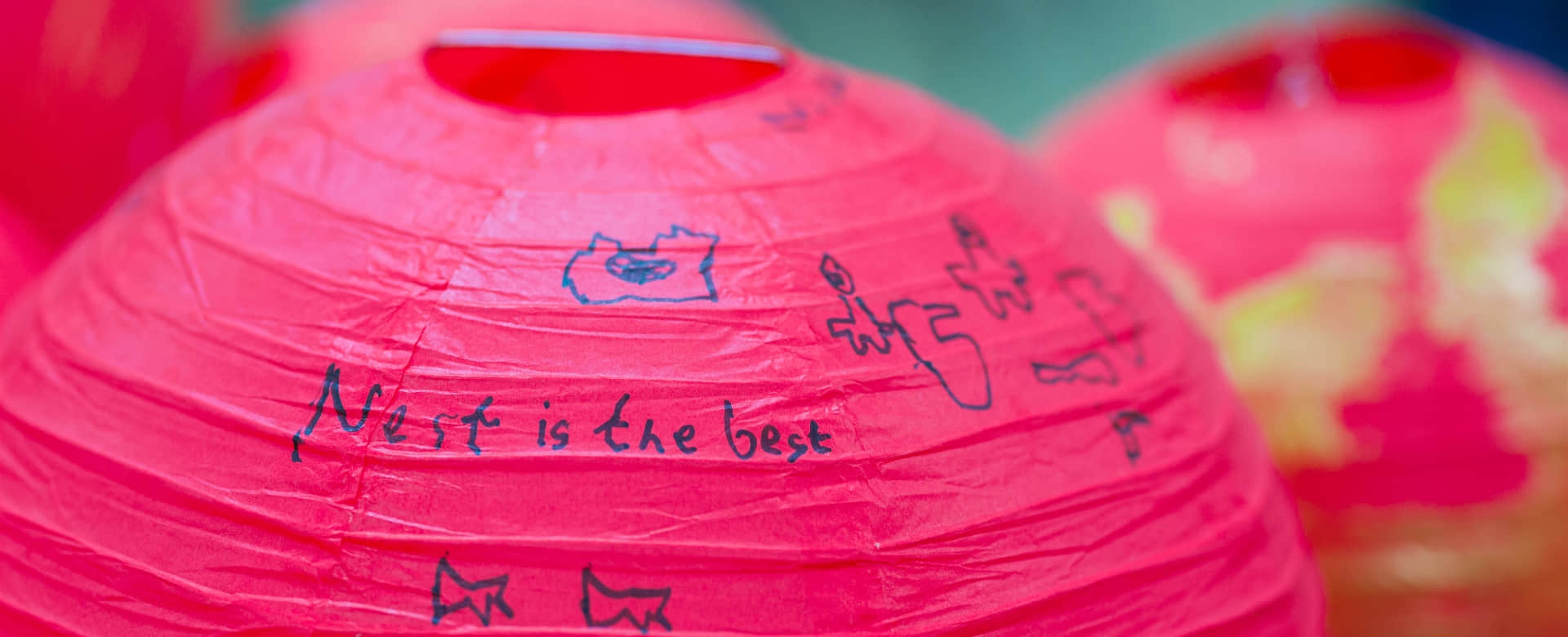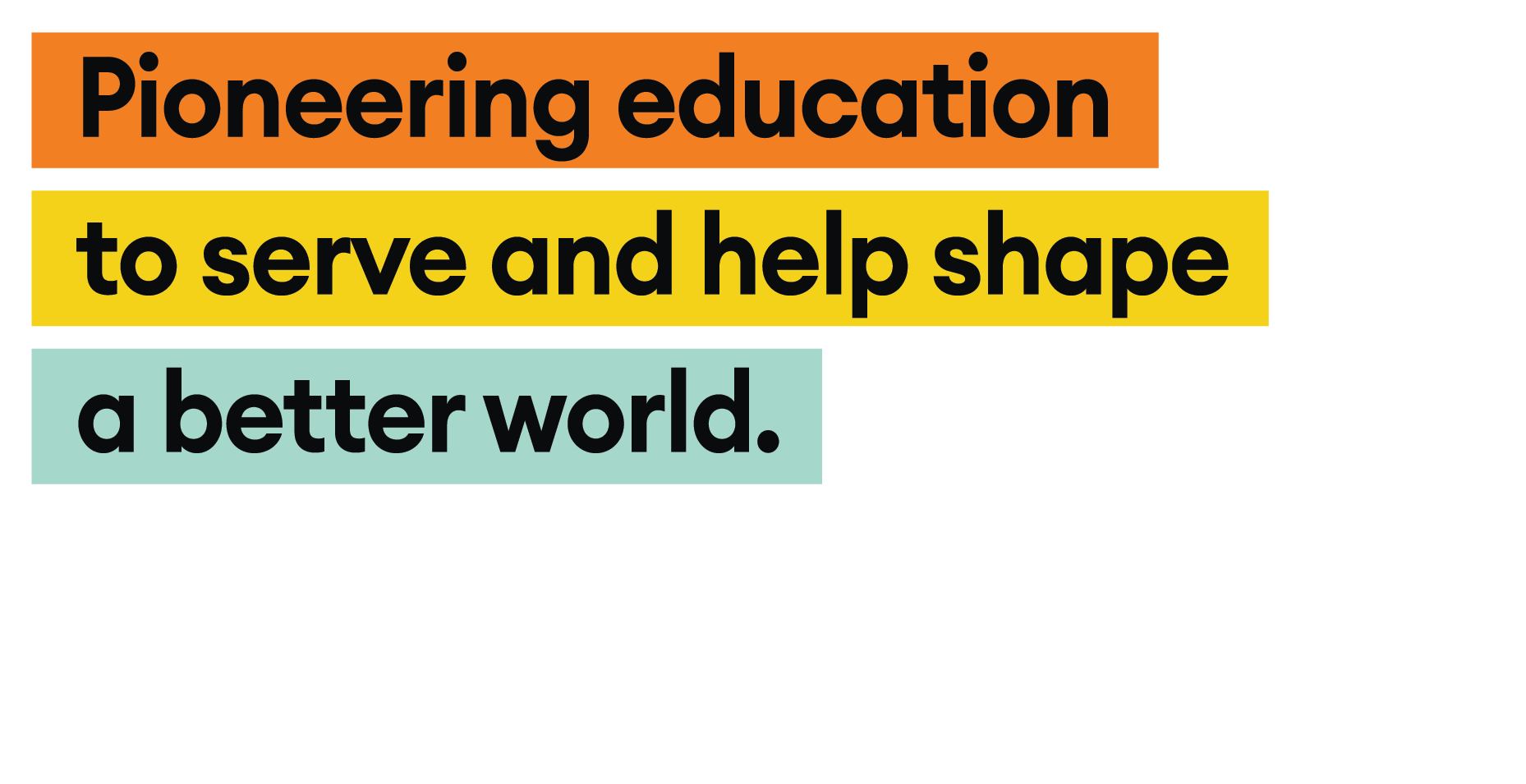Education Insight | The Value of School Trips

Jan Bennett
Head of Early Years
Young children learn at the fastest rate of their lives between 2-5 years of age. Their brain development over these years is so rapid we often refer to them as 'sponges', as they soak up so much information and develop so many new skills. Did you know that the number of connections (synapses) between brain cells (neurons) doubles around the age of two years of age? These connections between the brain cells are where learning occurs. Having twice as many synapses allows the brain to learn faster than at any other time of life. Therefore, children's experiences at this stage of their education and learning have a lasting impact on their development. What we offer through school is therefore essential to their development.
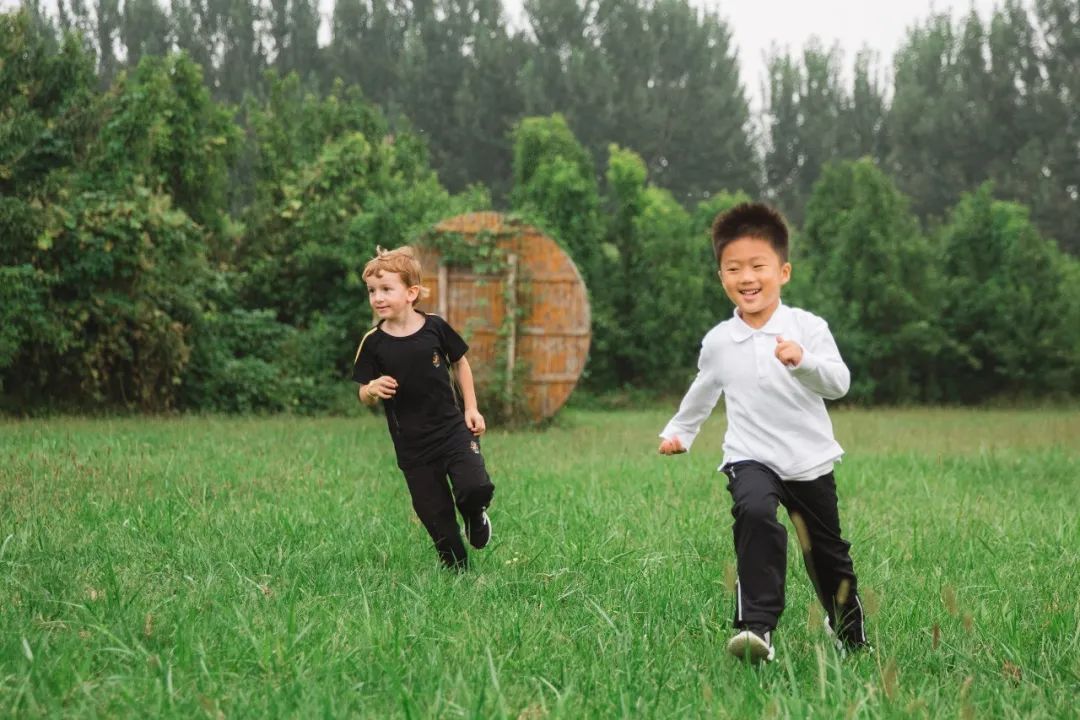
All seven areas of learning in Early Years are planned for, and the provision we deliver is designed to meet the needs of our children and offer stretch and challenge too. In the classroom and our outdoor learning provision, we can do so much. Learning in the early years should not be considered a precursor to 'real' learning. This is when education makes the most significant impact and the most enduring impression on children. For this reason, we must get it right at the start.
It is, however, also important that children get to learn things in context. This means real-world opportunities to learn about, and participate in, activities that allow them to understand their knowledge and skills in context. We call these authentic learning experiences. To learn in this way gives real purpose and meaning to new knowledge and skills. There is no better way for this to happen for our youngest learners than an educational visit.
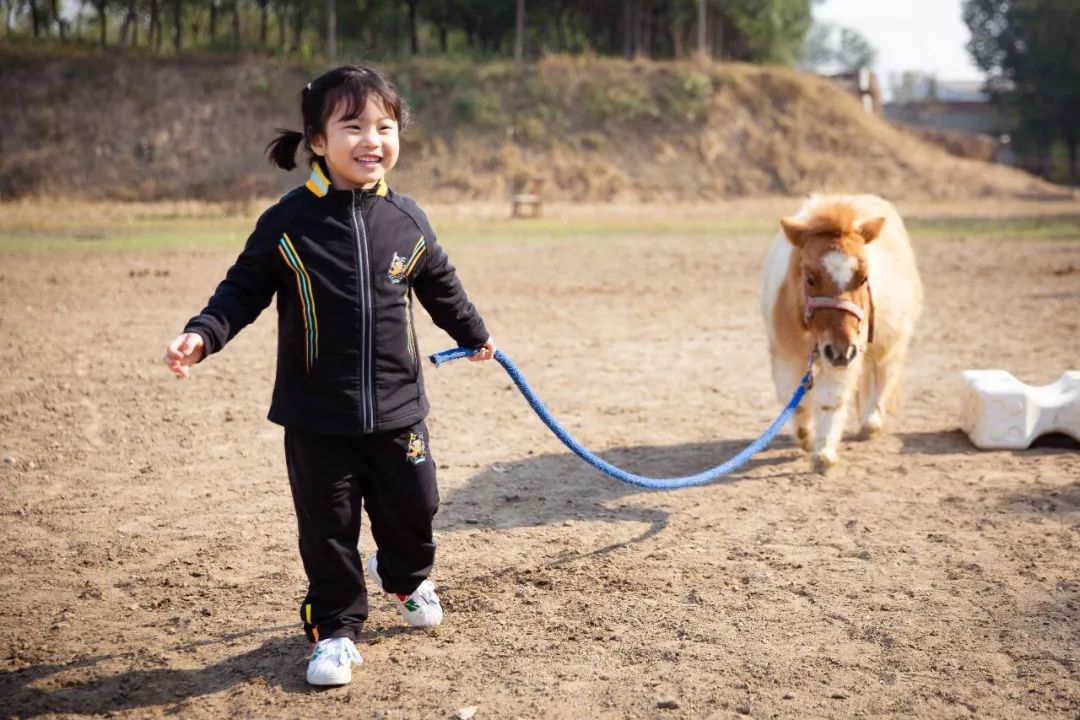
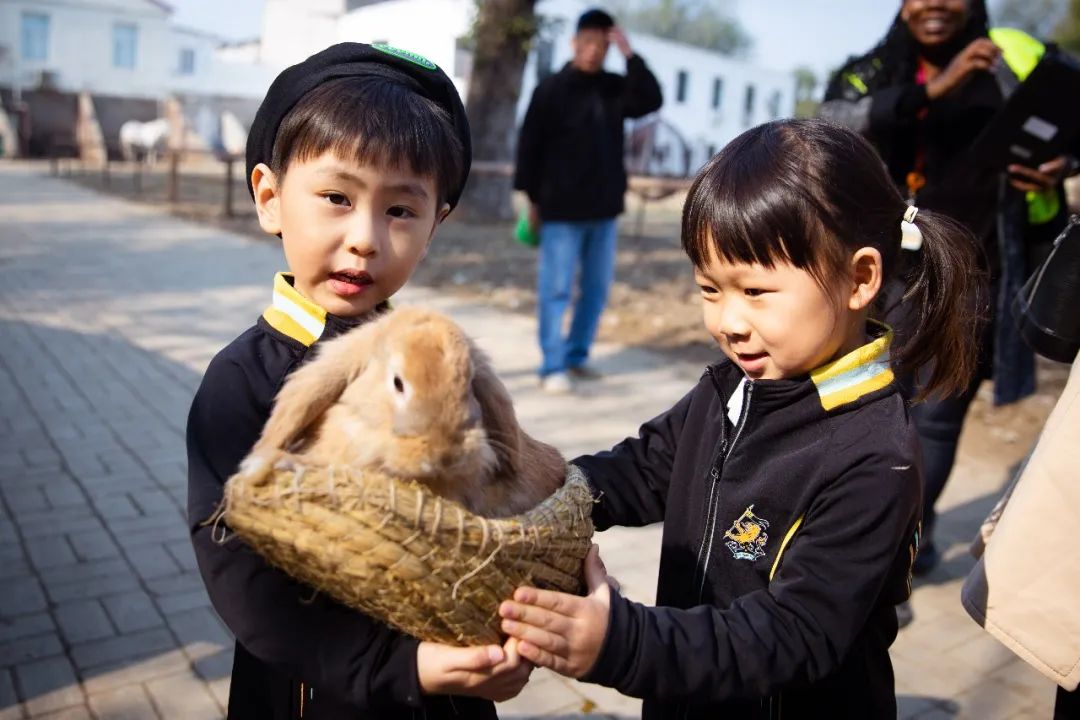
For some of the aspects we teach, we make provision for children to find out new things and investigate problems. They have almost endless opportunities to talk about things and ask questions. However, for young children, this can at times be a little abstract. We are often teaching things about which they have little or no real-life experiences, which is why an educational visit with a focus on the current theme can be so crucial for our Nest children.
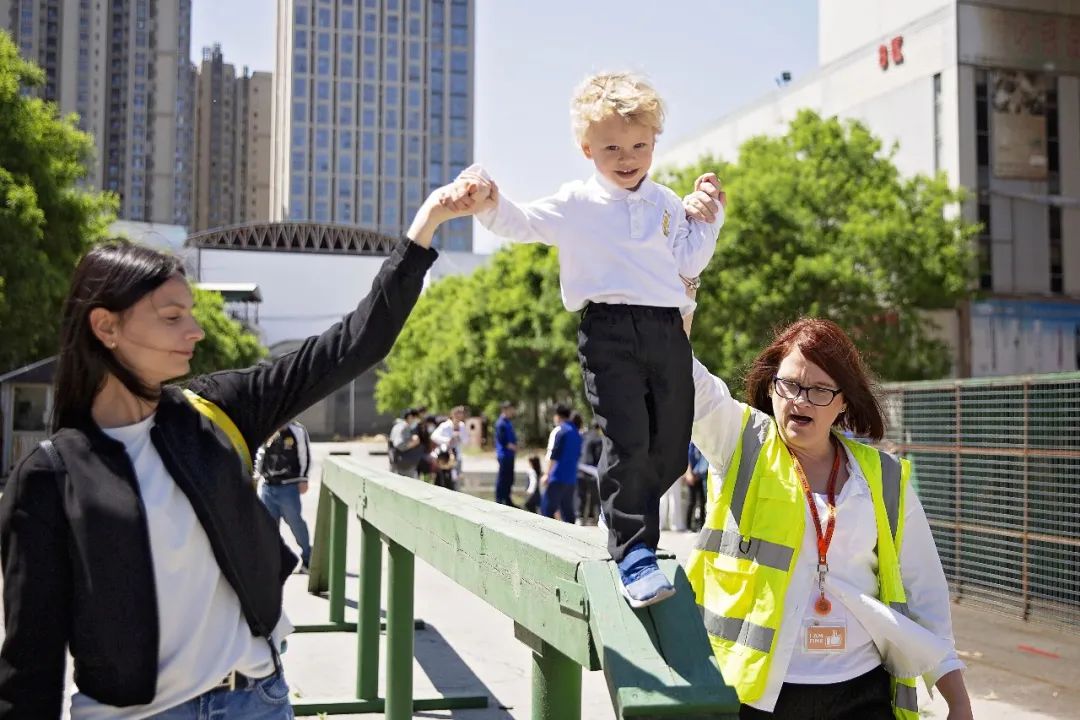
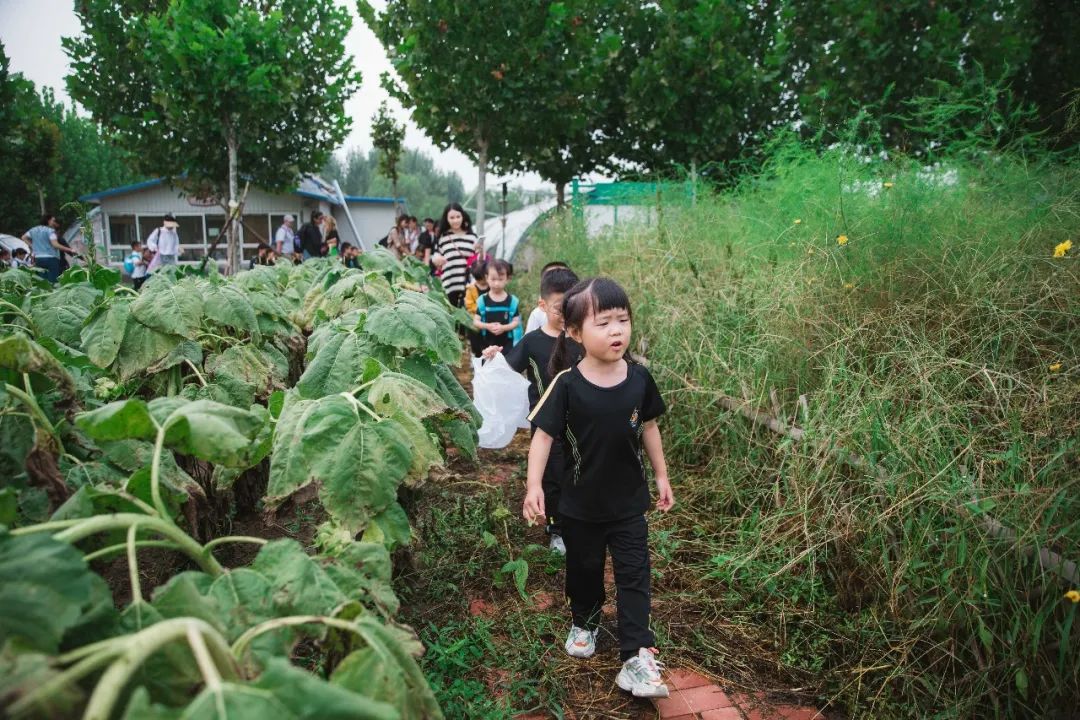
Imagine, if you will, learning to drive a car. You can read books about it and talk to people who can drive. You can see people driving on the roads where you live; you can watch things online. Will this teach you to drive a car?
The abstract way this new skill is being taught gives you no real-life experience of actual driving. It is, therefore, doubtful you will ever learn to drive by someone else telling you how to do it! Now consider how this skill is brought to life when you are allowed to get in a car, sit behind the steering wheel and be in control. You have read the books, talked to people and are prepared to listen to a teacher while you are behind the wheel of a car. You are now able to apply the knowledge you have in a practical way. While you are in the car, you can ask experts for help and see the car in action as you learn how to use gears, pedals and the steering wheel. Before long, all the prior knowledge you had from books and listening to others makes sense, which is why an educational visit is so important. It sets the learning in a real-life context, and everything you experience in the classroom makes much more sense and enables children to learn at a much deeper level. We know it is impossible to provide a real-life learning opportunity for every aspect we teach, but when we can do something appropriate, we will. We invite parents to join children on educational visits and learn alongside the children. It allows you to see firsthand what the children have done and the questions they have asked. You are then able to support further learning at home.
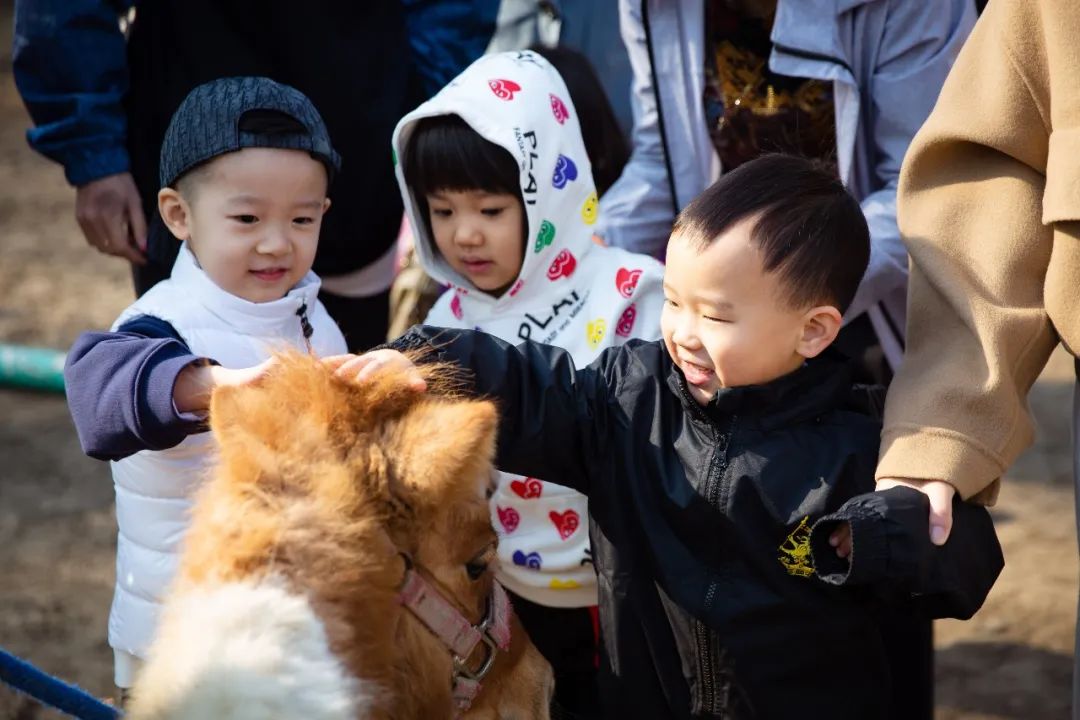
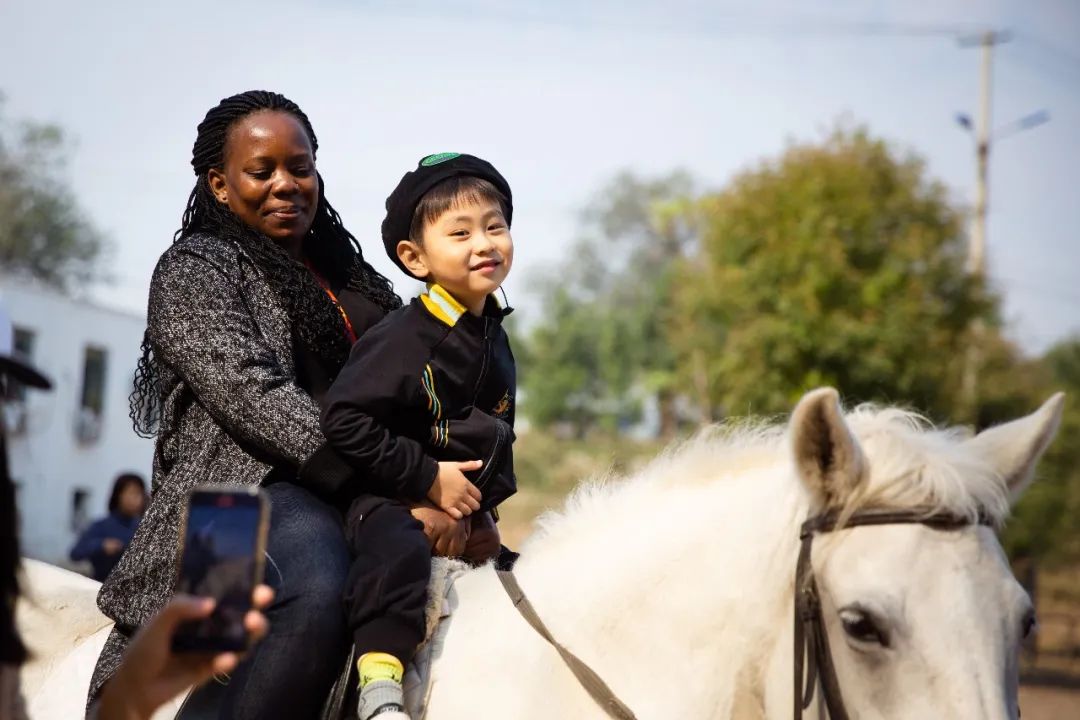
When the children in year one were working on the theme of building and construction, they had researched a lot about building in China. They looked at architectural styles, construction methods and the wide range of structures seen through China’s history. They were able to tell people facts about buildings in Tianjin and The Great Wall. They had written about the theme and enjoyed practical opportunities to build with a wide range of construction equipment. However, when the children went on an educational visit to look at buildings in Tianjin and spent time looking at structures and finding out about the history of some of the buildings, everything they had been learning made sense. They were able to ask relevant questions to deepen their knowledge and recall so much information when they returned to school. They asked questions like, “Why did the old people a long time ago not save things like buildings so that we could see them now?” During the visit, the children went to the Cathedral and asked, “Why are parts of the building different shapes?”
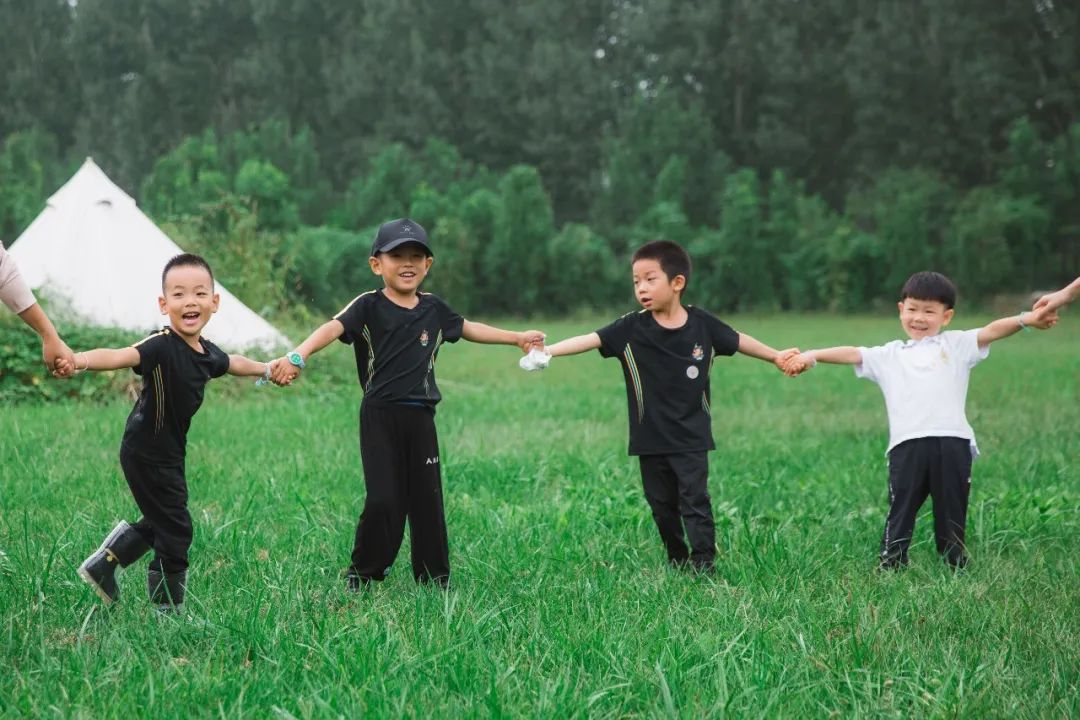
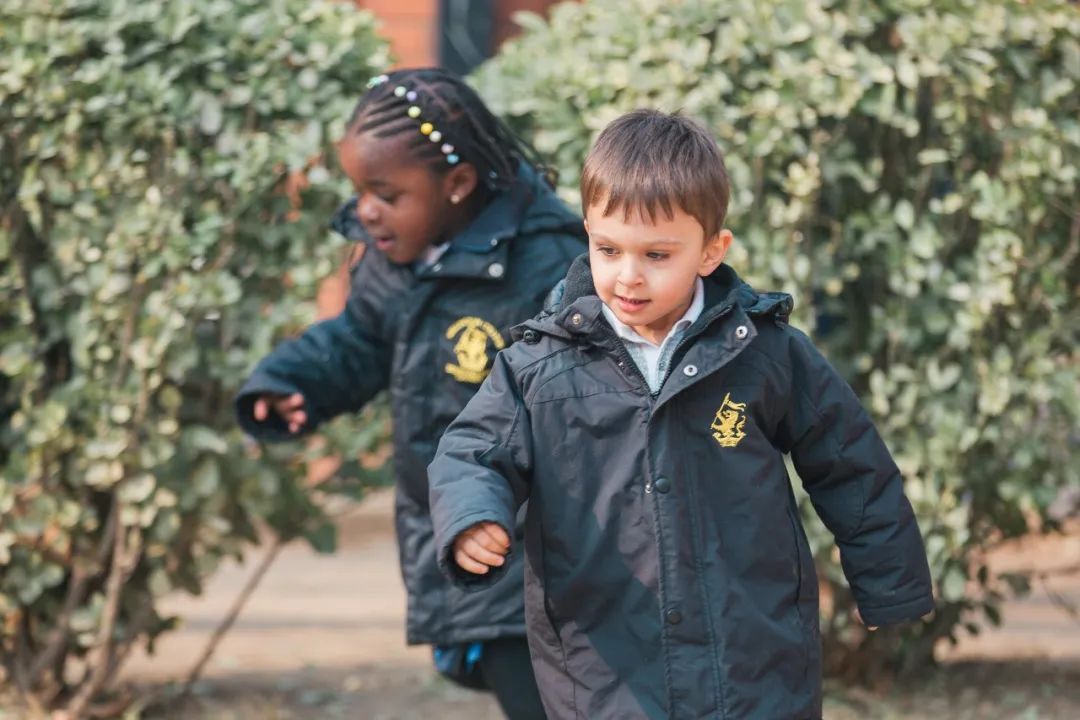
When our youngest children in pre-nursery started the theme of transport, there were so many different vehicles to explore and explore. The ones that capture the imagination of young children are often emergency vehicles. Therefore, to give the children a meaningful context for their learning, they recently visited our local fire station to see the enormous fire trucks.
When Eaglets went to visit the fire station, they met real firefighters, saw these huge vehicles up close, and saw all the equipment the trucks carry. They had so much shown and explained to them; they are now experts! The learning gained from a visit such as this cannot be replicated in a classroom. It needs a real-world context to make it meaningful. The children had opportunities to do things like handle genuine hoses in the station practice area. We really cannot underestimate the impact a trip to the fire station has had on our young learners: they now play with emergency vehicles with a renewed sense of purpose and understanding; they use language in Mandarin and English in context as they have listened to the firefighters talk about their job; our staff team have supported their bilingual language development while at the fire station and continued when back in the classroom. The children use language to develop their play collaboratively as they know it is essential for firefighters to work as a team.
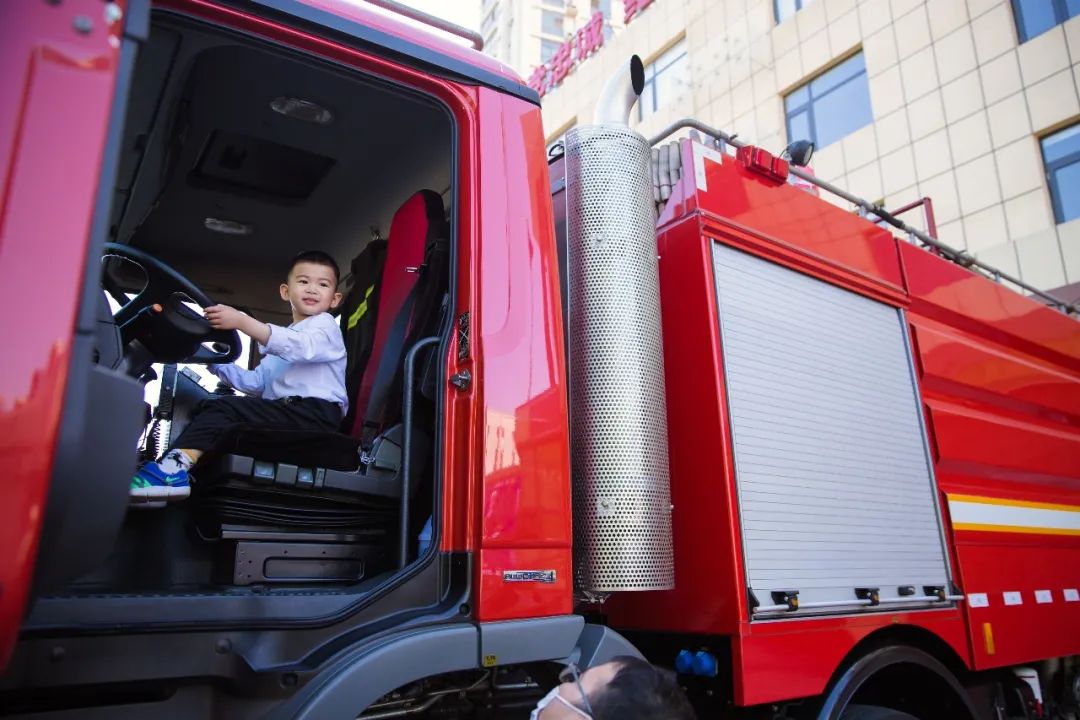
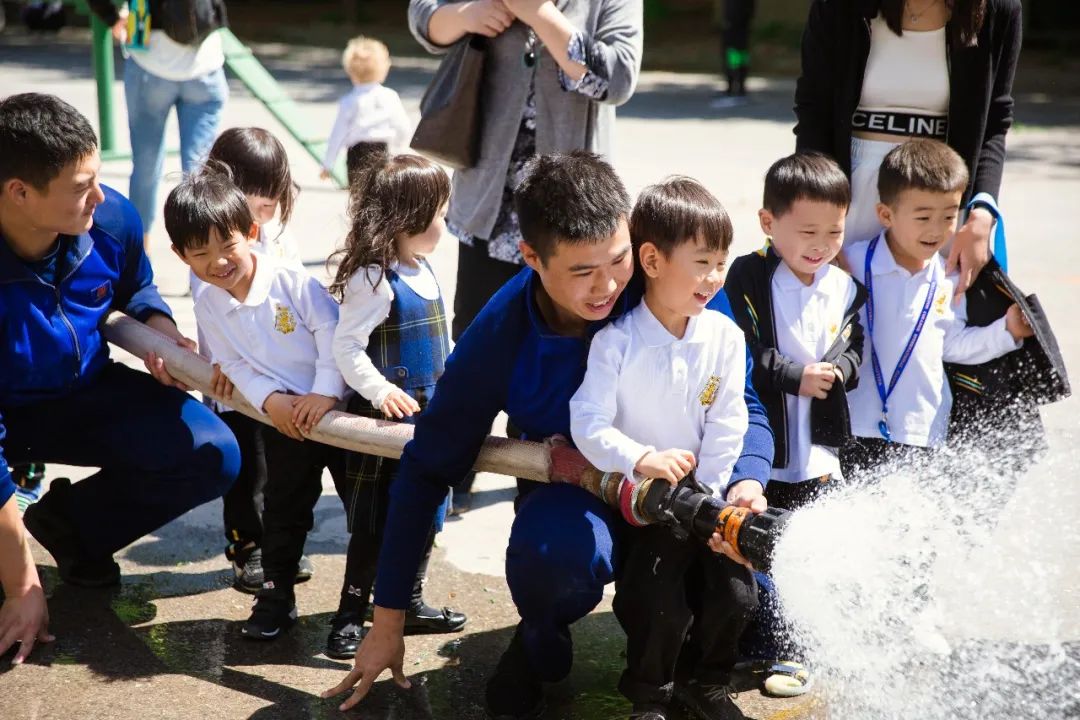
These rich experiences, and so many others, are why we value educational visits so much!
Stephanie Lewis
Pre-Nursery Teacher
Eaglets went on our very first educational trip to the farm to support our theme. The children were able to experience feeding and touching farm animals. It was a very rainy morning visiting the farm but we were all dressed in our wet weather clothing. All the children gained such wonderful hands on experiences visiting a farm in the rain.
The children were very excited, as we walk to the school bus, there was laughter and lots of happy faces. It was raining but this didn’t stop the children from having such a great opportunity experiencing feeding animals including rabbits, goats, chickens, pony, lama, donkey and handling a 8 week old piglet.
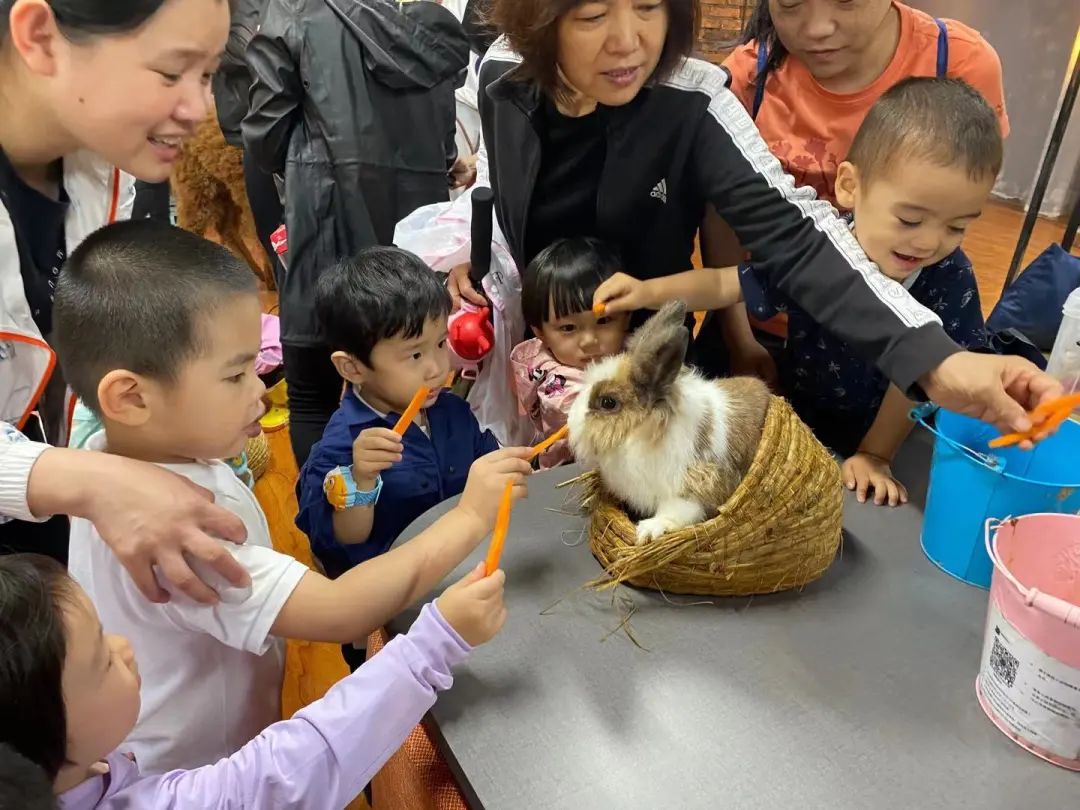
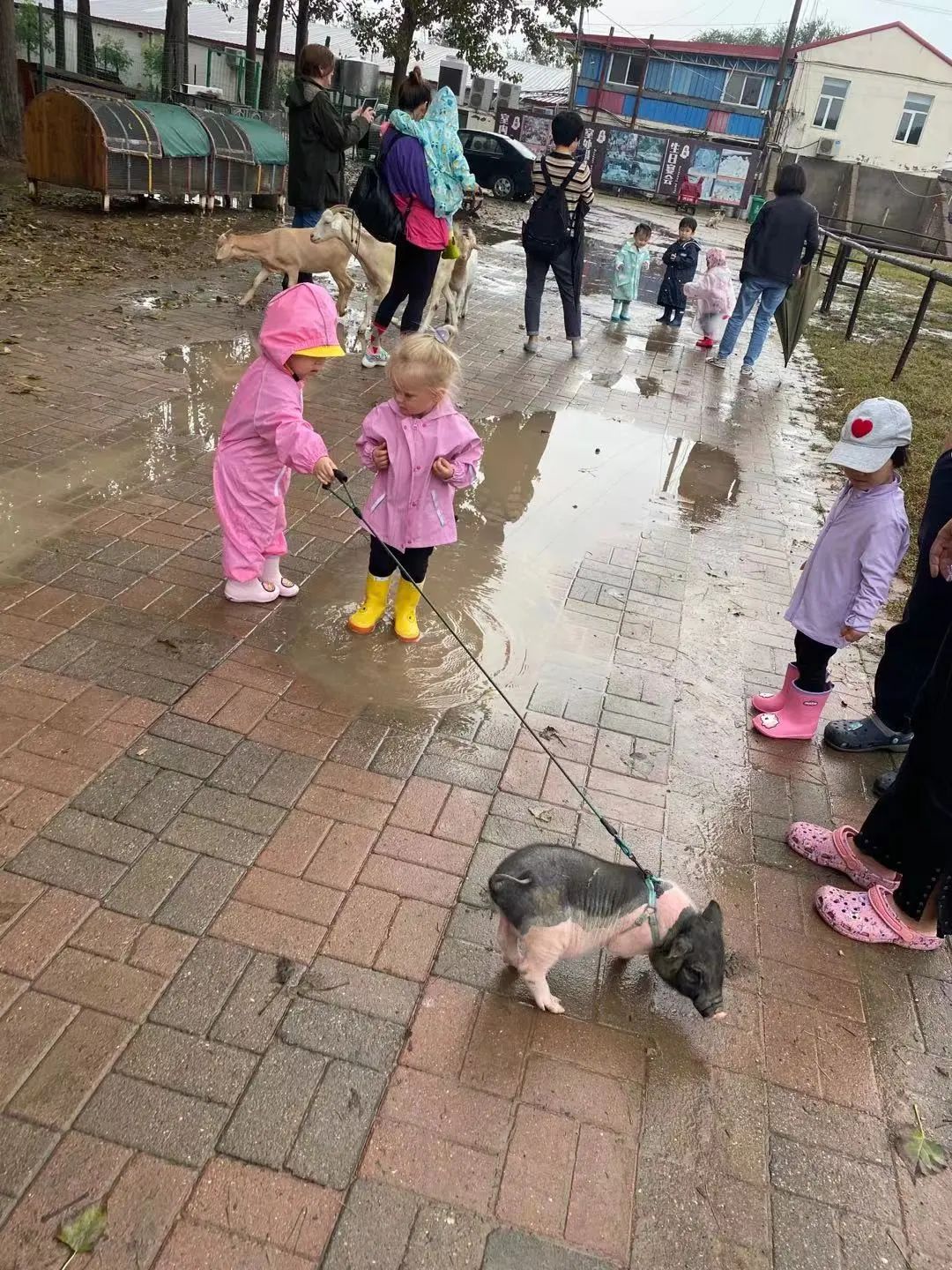
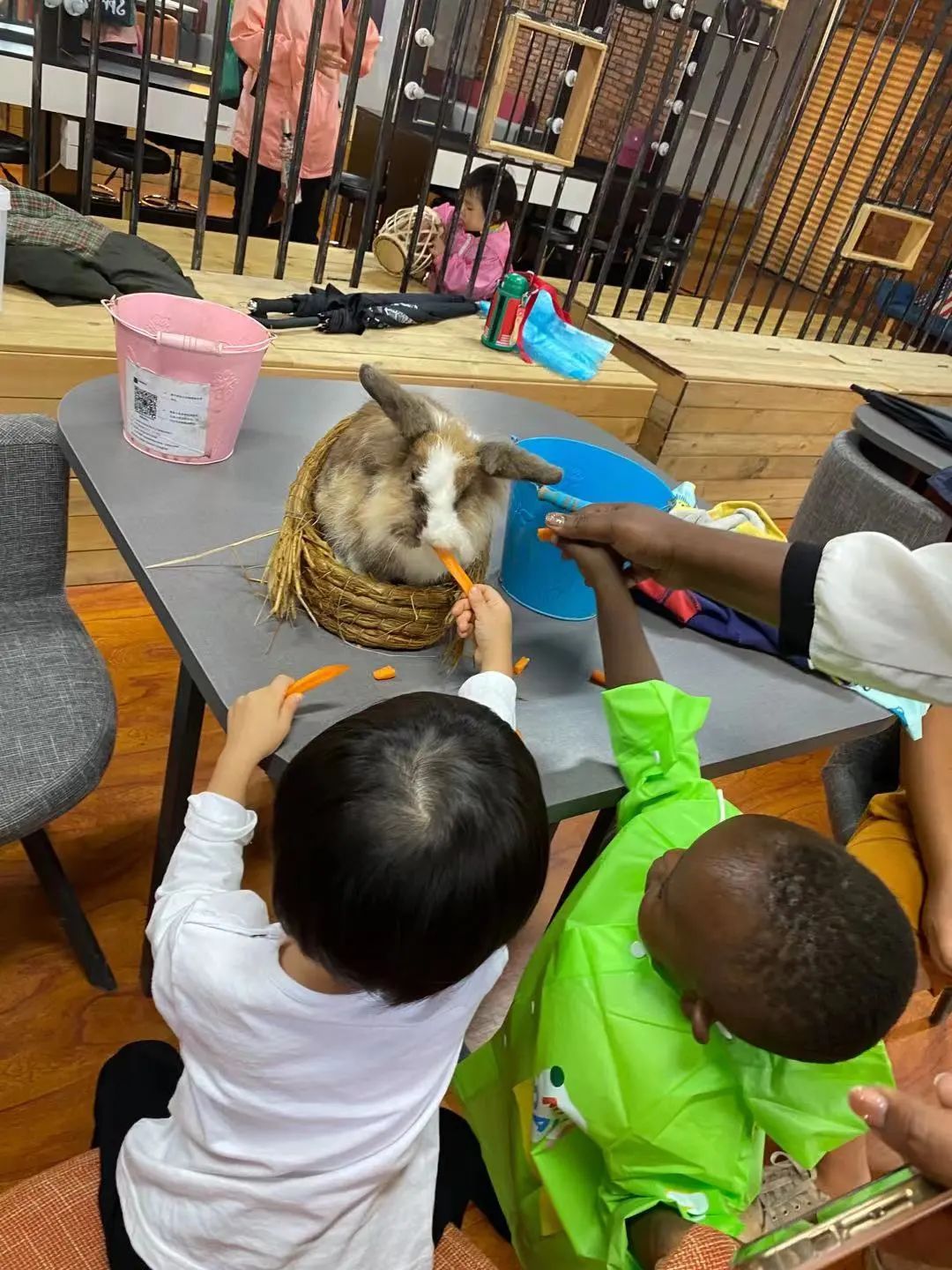
After feeding the animals the children wanted to go outside and walk around the grounds, where they had the most wonderful time ever, jumping in the muddy puddles. There was lots of laughter and one child said,’ jump, jump muddy puddles.’ All the children enjoyed running up and down in the puddles and splashing each other.
The highlight of the trip wasn’t about just visiting the animals but having great hands experiences in the rain jumping in the puddles. We know we had a fantastic time because every child had to have a complete change of clothes before returning to school.

Justine Broadhurst-Bristow
Year 1 Teacher
The Year 1 classes enjoyed their first trip of the 2021 academic year with a much-anticipated visit to the Natural History Museum in Hexi. Our core book has been We’re Going on a Bear Hunt by Michael Rosen and Helen Oxenbury. We chose this book for a number of reasons. Almost all children are already very familiar with the story, so this allowed us to delve a lot further into the content of the story and build on their previous knowledge. As we had been learning about Autumn, we studied the changes which may be observed in nature around this time of the year and the passing of the seasons. This allowed us to look at the behaviour of animals and how they adapt to seasonal changes. Building on this we then were able to look further into animal families, how they are classified and their distinguishing features. This type of learning for Year 1 children inevitably leads to discussion of dinosaurs and where they fitted into the animal kingdom.
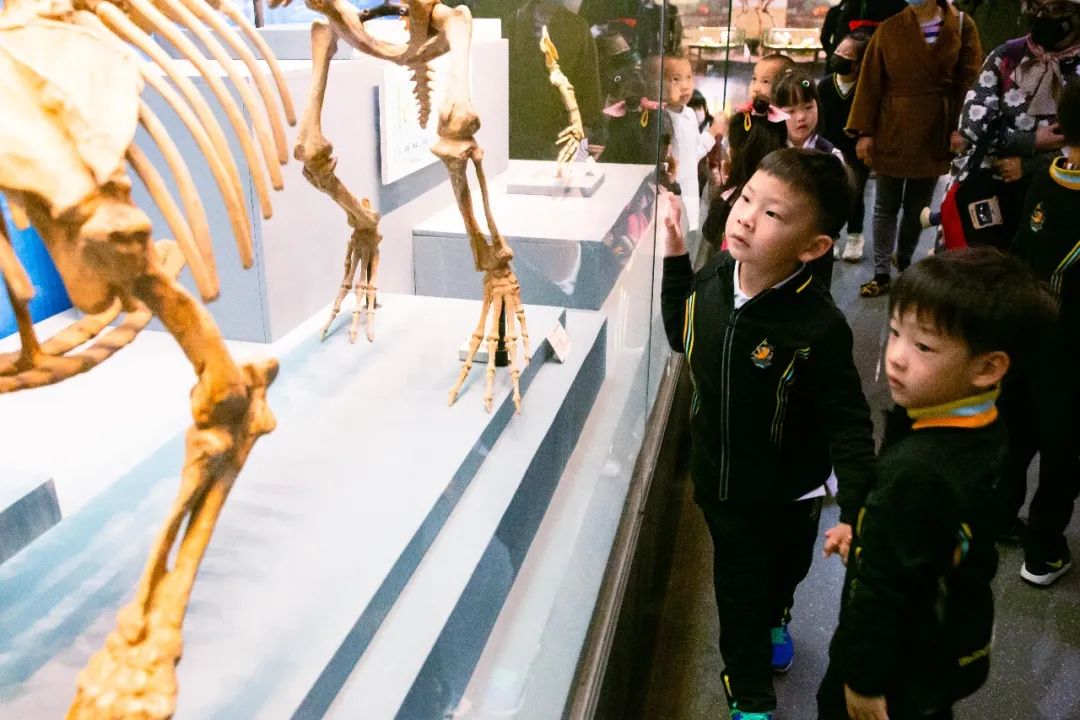
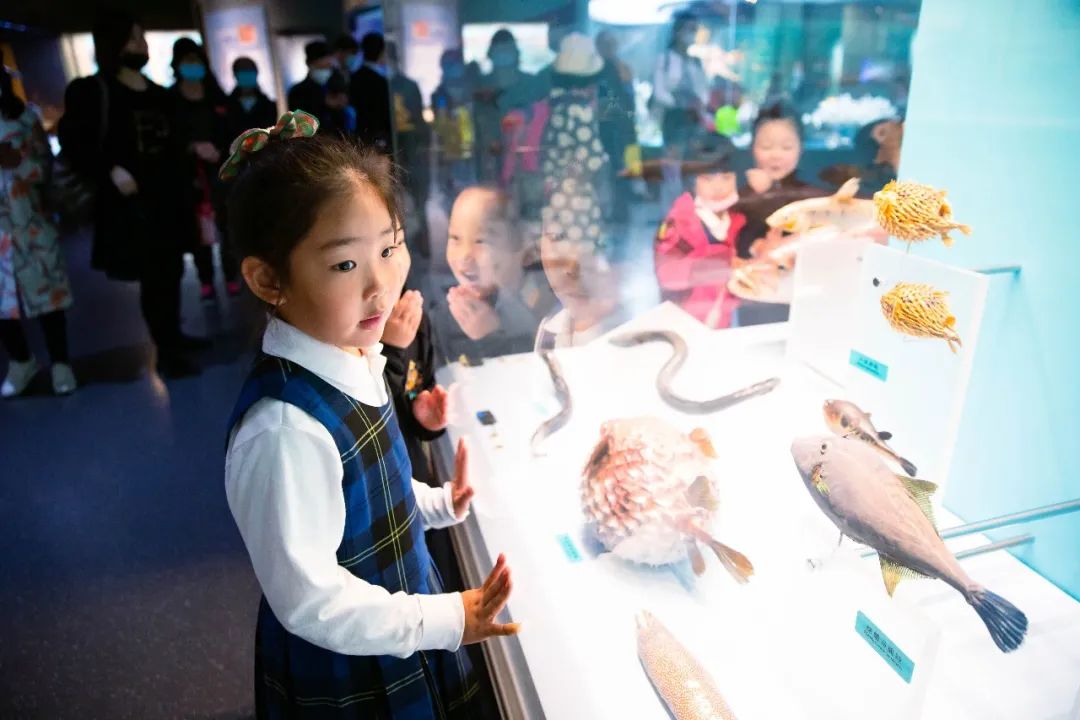
On this trip we were so fortunate to be accompanied by so many parents. It was the perfect opportunity for parents to participate in and contribute to their child’s learning, something which we have not been able to do due to Covid restrictions.
For the children this was an extremely enriching experience as it gave them the opportunity to showcase just how much they have learnt. They were eager to share their knowledge and the museum guide was kept very busy answering a myriad of questions from our children. It was also an ideal situation for teachers and families to share pertinent and important information on extending learning beyond the classroom.
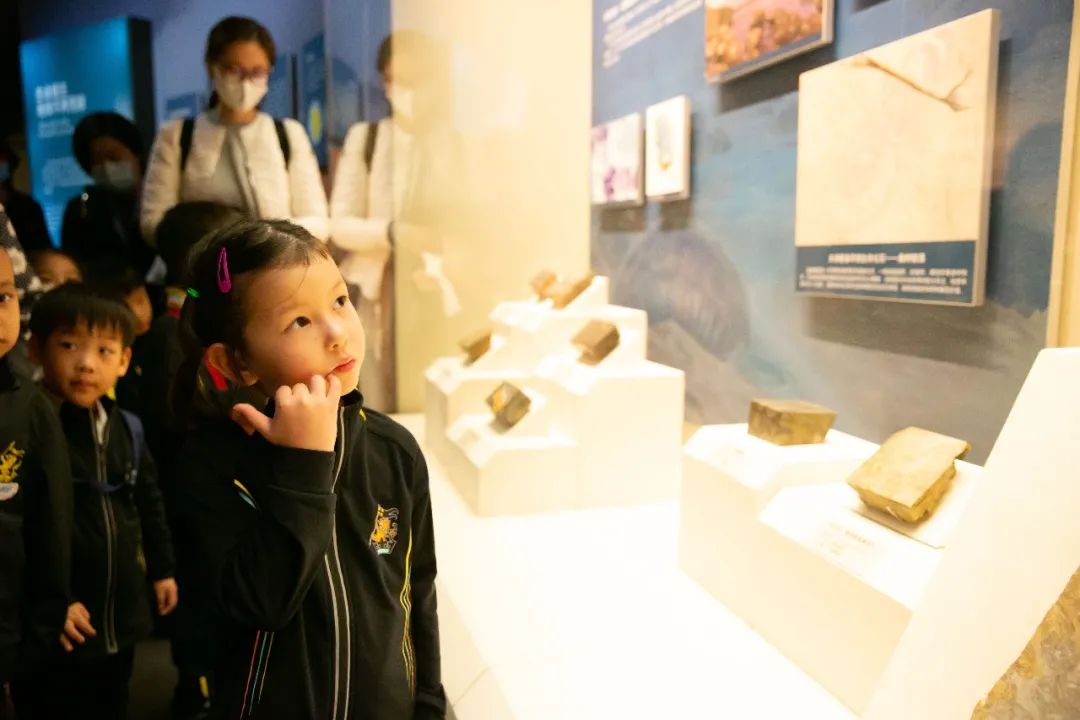
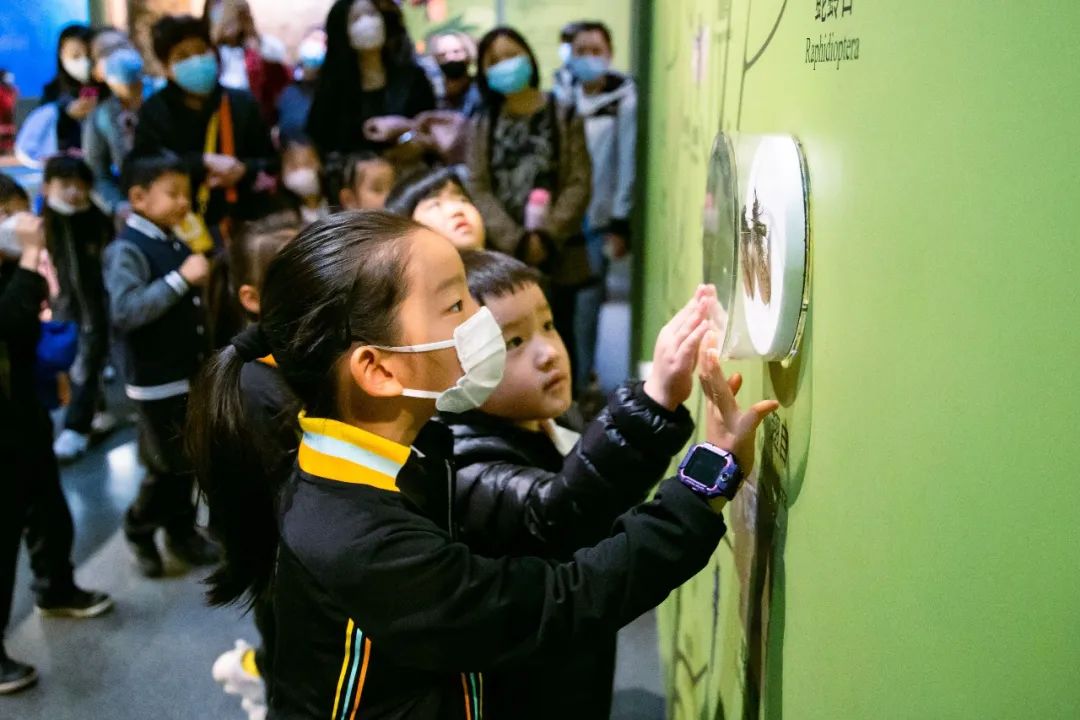
Something truly amazing was the multilingualism and multiculturalism we experienced on this trip. China, England, Poland, South Africa and Spain were all represented, so beautifully showcasing the diversity which our Nest family enjoys.
What a beautiful day!
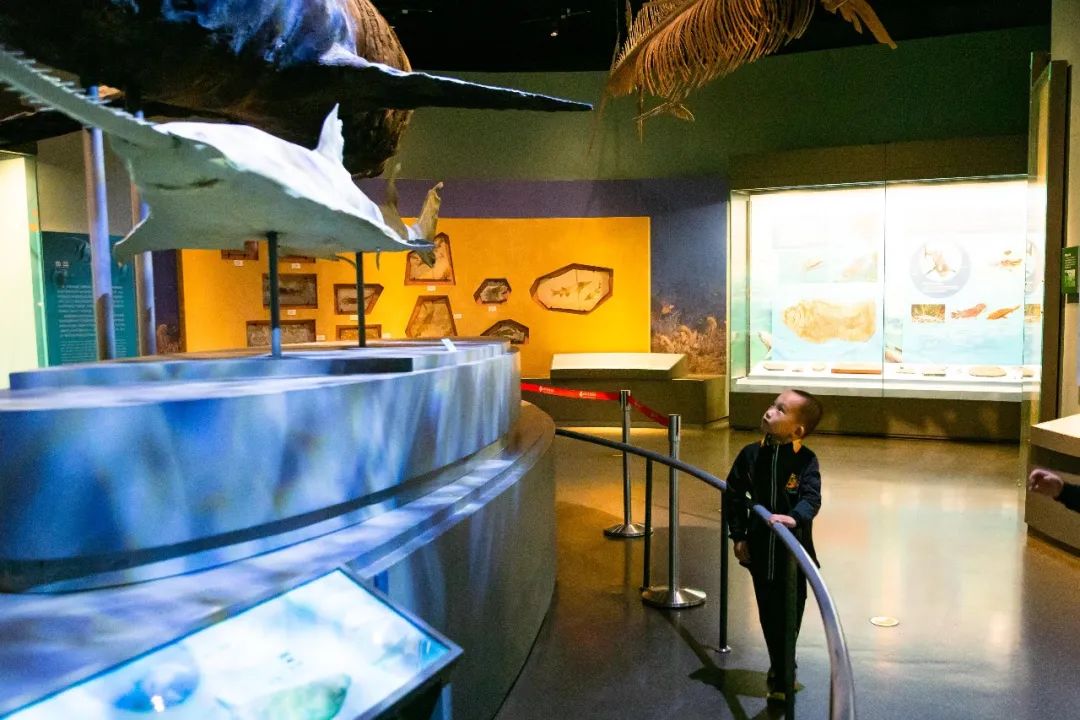
Related Articles








 Channel
Channel 
 Linkedin
Linkedin  Weibo
Weibo  Facebook
Facebook  Ins
Ins 

